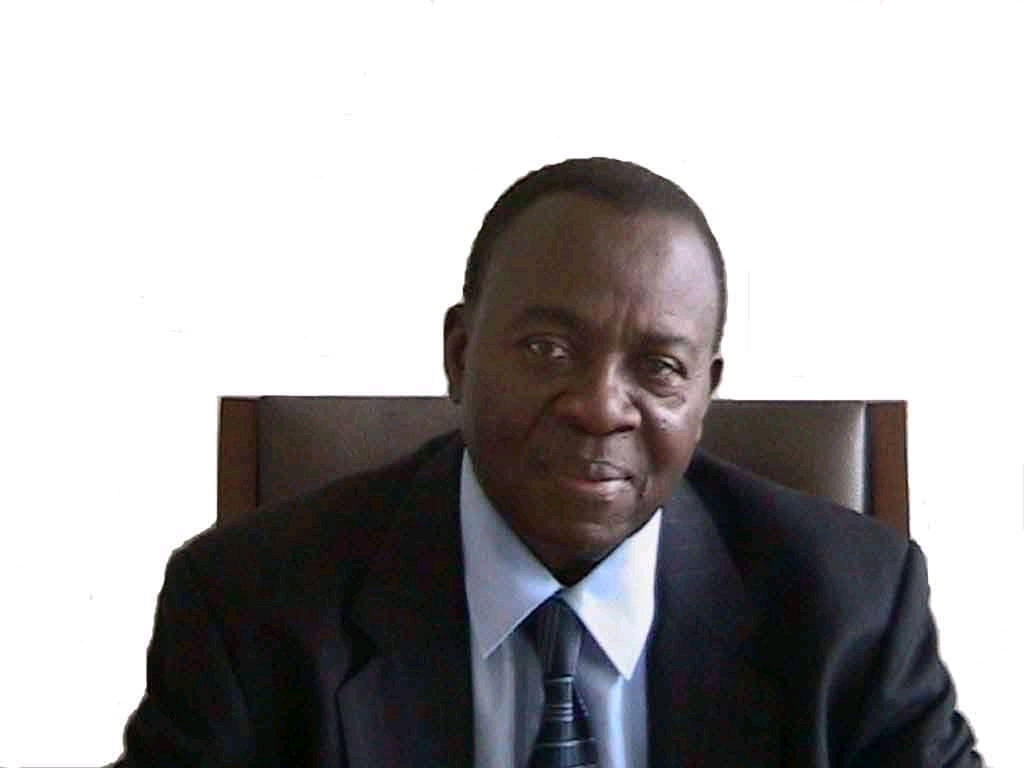To manage his vast household of seven children, Achebe, a CEO of a multinational bank headquartered in the city, knew he needed an extra pair of hands since Ngozi his wife had also an official government job. In particular, he relied on the services of a shamba boy, Wole, and a housemaid, Eke. The Achebe family had since recognized how vital the two were to them and hated it most during the Christmas holiday season when they had to send them back home to enjoy the festive season along with their relatives. It was one way of saying “thank you!”
Once these jumped on the bus and left for their villages, the house felt empty, and their usefulness was quickly noticed. Suddenly the once well-manicured compound was overgrown with shrubs, while the house chores normally well handled by Eke, piled up. They could not wait to have them back.
Achebe and Ngozi always counted on their workers returning because they treated them well. Not only were they well paid above the market and, ever on time, but their conduct to them was also always civil. On all occasions, they greet both with utmost courtesy. Achebe liked to tease Wole by often referring to him as “Chief” since he always carried himself around in a regal manner. For the housemaid, he gently called her “Maama Eke” for she came from his mother’s clan. Needless to say, there was mutual respect on either side.
Sending them back to their upcountry homes for holidays was one of the job bonuses. This time as Achebe bade Wole bye, after Eke, he suddenly recalled he was due to travel to his home district soon. “There is a classmate who invited me for a family function not far from your place,” he shared. “I could run into you!”
“Sir, why then not visit us on your way back,” urged Wole, once he knew of the day.
“Okay!” Achebe agreed. “I have long been curious to see where “Chief” comes from.
Achebe and Ngozi traveled upcountry to attend their old friend’s function, who was celebrating his mother’s ninetieth birthday. Because of the distance, they slept over and early in the morning set off back for the city. As agreed they made a stopover at Wole’s place, who was also holding a family function.
Upon arrival at Wole’s place, they found it teeming with festive activities. A tent had been erected and it is where they spotted Wole who sat right in front. He was well attired in agbada along with his wife, neat in a darra. Once Wole saw his visitors, his wife rose and led them to a front seat. The pair was seated next to Wole.
Achebe and Ngozi now noticed that Wole was the center of attraction. Speeches were being delivered one after another for him to acknowledge. From his big seat in the tent, Wole would nod with approval once one speaker was done, then waving him off for another. He looked stately, quite royal, and everyone was eager for his attention.
Throughout both Achebe and Ngozi were dazed, not comprehending why every person here was fawning around someone they knew as their shamba boy. Although they always knew he had some duties back home, none had figured out he was this important. Was Wole a clan elder or some other chief, they kept looking at each other, puzzled. After all the speeches were done, Wole, stood up finally to speak. He started by pointing to both Achebe and Ngozi. “These are my employers in the city,” he said, with pride. “They treat me well and I invited them over to see all my people.” At that point a party set upon the drums, banging them hard to their honor.
After Achebe’s speech was done in which he thanked the villagers for the work done while he was away in the city, he invited his visitors to the main house for a meal. Achebe and Ngozi rose and could see the house had just received the final touches with a fresh paint coat and had new iron sheets. They didn’t need any more guessing why Wole was living so humbly in the city. He was saving and investing back home. Once seated inside the house everyone waited on Wole to bless the meal. Wole made sure that his visitors were served first and the best portion.
It was getting late and Achebe motioned to Wole that it was time to leave. “We shall not delay our visitors anymore but let them go,” Wole stood up to see them off. “We thank you for honoring us with your visit.”
As they got back on the highway and accelerated towards the city, Achebe and Ngozi reflected on what had just transpired. Their shamba boy, was surely some big person back home, no doubt. While in the big city it was so easy to take him for granted, dressed in his overalls, back here everyone saluted him as a dignified noble. Achebe and Ngozi were happy that they had all the time treated Wole with the utmost respect. Had they been treating him anything less, how embarrassed would they have been!
It is well known that many international students who travel far from their homes often take on odd jobs to make ends meet while far away. Many go out when already well qualified in their fields but are simply looking for some extra qualification. They often leave behind handsome and thriving families. Out, to earn an extra buck, they take on jobs like dishwashing, cargo lifting, elderly nursing care; and one may be tempted to imagine that is as far as they can go, and possibly count them off. Yet many of these “poor students” once done with their studies hand in their resignation and quickly board planes back home where now with better qualifications, take on new dignified roles, including rising to become Prime Ministers, Justices, and CEOs of big corporations, in their nations!
Years back during holidays my old man loved to drive the family upcountry to our home in Bulemezi where we had a big lusuku plantation. It was tended to by migrant workers lazily called bapakasi. Once on the ground, I would rush to their small huts and they were pleasant company. However, during the Christmas season, I knew the bapakasi tended to buy all sorts of modern luxuries and head back to their home. I would miss them. And after some time a number ceased returning back from the long holidays. I would later understand they had earned enough from these plantation jobs, saved and invested, and were now back home coasting as some big landed officials.
When they say you have to treat every person you meet with respect it is perhaps for this very reason. One may look at someone performing a seemingly low role in society and dismiss him as if that is all he’s worth. Then come a time and you discover that the man you thought all his worth was centered around your little compound, elsewhere, back in his own turf, the whole village of hundreds waits on his words. You may want the earth to swallow you there if you had been despising him all along and treating him harshly! It pays to treat all people with respect! For everybody is somebody.


